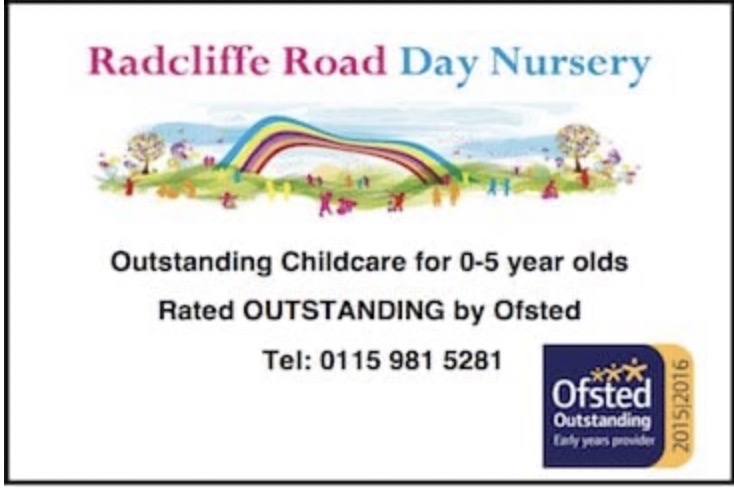Nottinghamshire’s Immediate Justice programme has now seen more than 1,000 offenders referred through its doors, following its launch in January 2024.
New evaluation data has revealed that those who complete the scheme are half as likely to reoffend as those dealt with through traditional routes.
What is Immediate Justice?
Immediate Justice, which is a collaboration between the force’s Prevention Hub and the Police and Crime Commissioner’s Office, delivers swift, visible consequences for low-level crime and antisocial behaviour.
Offenders take part in community reparation work, such as litter picking, park clean-ups, graffiti removal, or charity placements, while engaging in restorative sessions that encourage reflection and accountability.
Since launch, 1,040 people have been referred up to November 2025, with referrals continuing to rise.
Around 68 per cent of all participants have completed their sessions in full, with completion rates highest for assault and criminal damage cases.
The impact has been striking. Just 9 per cent of people who completed Immediate Justice went on to reoffend, compared with 19 per cent of those receiving a conventional community resolution and 35 per cent of those who dropped out of the programme.
Among women who completed, none reoffended within 12 months, and young people under 25 saw reoffending fall by three quarters compared with traditional outcomes.
The evaluation also highlights the social and financial benefits of the programme.
Estimated cost savings already stand at more than £70,000, with forecasts suggesting annual savings could exceed £260,000 once the scheme reaches full capacity.
Feedback from participants has been overwhelmingly positive, with 93 per cent saying their work benefited the community and 97 per cent finding the experience useful.
Superintendent Chris Pearson, our City Commander, said: “Immediate Justice has become an essential part of how we respond to antisocial behaviour and low-level crime. It allows us to deliver quick, visible results that the public can see and understand.
“Offenders are learning about the impact of their actions and making amends directly within their communities. That’s powerful, and it’s changing behaviour for the better.”
The evaluation also found that the majority of participants are under 25, reflecting the scheme’s success as an early-intervention tool. Offenders are usually referred within two weeks of their offence, and in many cases begin reparation within days, reinforcing the link between behaviour and consequence that lies at the heart of the approach.









